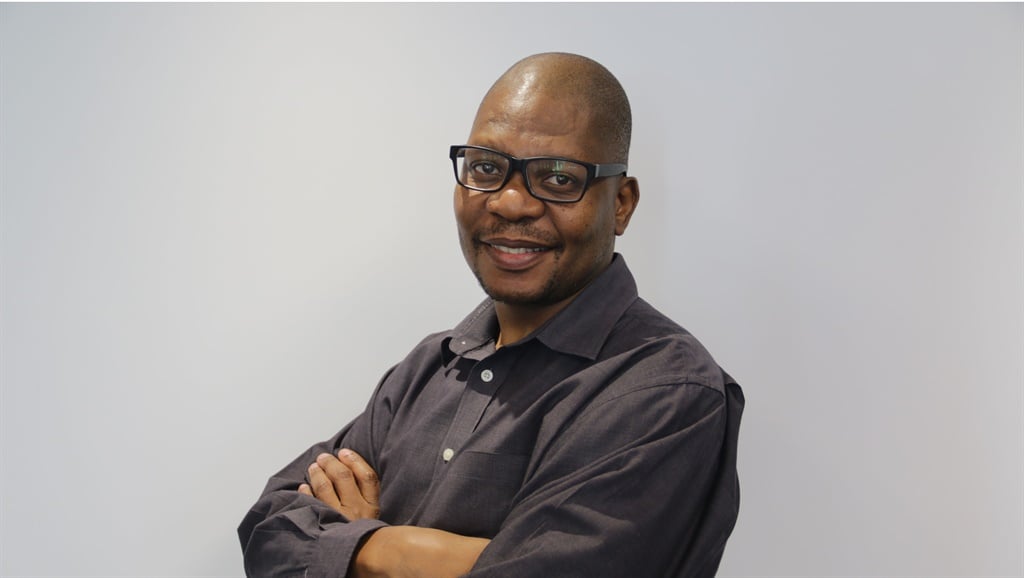
In May, Charles Ray Finch became a free man after spending 43 years in prison for a crime he did not commit.
He was lucky, though. He could have been dead.
The man from North Carolina in the US had been sentenced to death in 1976 in connection with the murder of a petrol station owner during a robbery.
What saved him from the gallows was that the law making the death penalty mandatory for certain crimes in that state was declared unconstitutional a year after his conviction, so his sentence was commuted to life in prison.
Through the decades, Finch maintained his innocence, doing his damnedest to prove he was nowhere near the scene of the crime.
A ray of light began to glimmer in 2002, when Duke Law School activist academics and students who were taking on the causes of possibly wrongfully convicted individuals took an interest in his case.
But it was to take many years – 17, to be precise – from that moment to vindication.
In the end, the Duke team was able to convince the courts that everything – from Finch’s arrest and the police line-up to the sham investigation and the trial – had been designed to secure a conviction at all costs.
A massive miscarriage of justice had occurred.
A three-judge panel in the North Carolina Supreme Court ruled that Finch had proven his “actual innocence” and set him free.
The wheelchair-bound 81-year-old said he was “confused” about his surroundings and his feelings as he was pushed out of the prison gates.
James E Coleman Jr, the co-director of the Wrongful Convictions Clinic at Duke Law School, paid tribute to Finch, saying: “Ray went in a young man and he was coming out physically bent in a wheelchair, but his spirit and his dignity were never broken.”
Finch was one of the lucky ones. He was the 166th American to have been exonerated since 1976.
Had it not been for the hard work of activists, all 166 would have been killed or would have died in prison for crimes they knew nothing about.
Others have gone to the gallows only to later be found innocent.
As the US’s Death Penalty Information Centre points out, “courts do not generally entertain claims of innocence when the defendant is dead. Defence attorneys move on to other cases where clients’ lives can still be saved.”
That is the price paid for this punishment, which, according to the centre, is “subject to arbitrariness, bias and human fallibility”.
The US, which prides itself as an enlightened “leader of the free world”, is one of about 50 countries that still retains capital punishment, though fewer than 20 of these countries actively execute people.
The US is in the fine company of marvellous democracies such as China, Iran, Iraq, Pakistan and Saudi Arabia.
UN Secretary-General António Guterres has noted that the number of countries retaining the “barbaric practice” that “has no place in the 21st century” is declining.
How ironic that, in South Africa – a country that was ruled by a regime that took great pleasure in executing black people and used the death penalty as one of the tools to subjugate the majority – there is a renewed appetite for capital punishment.
Last week, amid the national outrage over femicide, there were loud calls for the return of the death penalty.
Political parties, pressure groups, the Twitter mob and callers to radio stations demanded that the Constitution be amended to allow the state to carry out revenge killings.
Today, we forget how poor black people were sentenced and put to death due to the fact that they could not afford proper legal representation.
That black majority is still poor.
This populist frenzy happens every time there is a horrific crime committed in the country.
The difference this time is that Justice Minister Ronald Lamola – who is a sensible guy save for the fact that he supports Kaizer Chiefs – briefly gave hope to the mob when he said Cabinet would discuss the matter.
He quickly retracted this, and his department stated that the death penalty had never been a deterrent in any society and had been rejected by the wise authors of the Constitution.
This is a really tired debate. It was killed by the 1996 Constitutional Court judgment that deemed capital punishment inconsistent with the Bill of Rights in our republic’s founding document.
In that landmark unanimous judgment, penned by the late Justice Arthur Chaskalson, the court said that “the death sentence destroys life, which is protected without reservation under section 9 of our Constitution ... and annihilates human dignity, which is protected under section 10”.
On behalf of his fellow justices, Chaskalson went on to say the “elements of arbitrariness are present in its enforcement and it is irremediable ... I am satisfied that, in the context of our Constitution, the death penalty is indeed a cruel, inhuman and degrading punishment”.
That was the final word on the matter. Any other noise to the contrary is just that – noise.
So, to the death penalty lobby, let’s kill this debate because it is not even a debate.
As South Africans, we should be discussing strong, feasible strategies to deal with the demons that plague our land and produce the kind of monstrous behaviour we see in our fellow citizens.
PS, this lowly newspaperman wonders how many of those who want the death penalty back would be prepared to carry out these cold-blooded executions themselves.
Would Jimmy Manyi (or whatever he calls himself these days) apply for the job of executioner?
| |||||||||||||
| |||||||||||||




 Publications
Publications
 Partners
Partners








